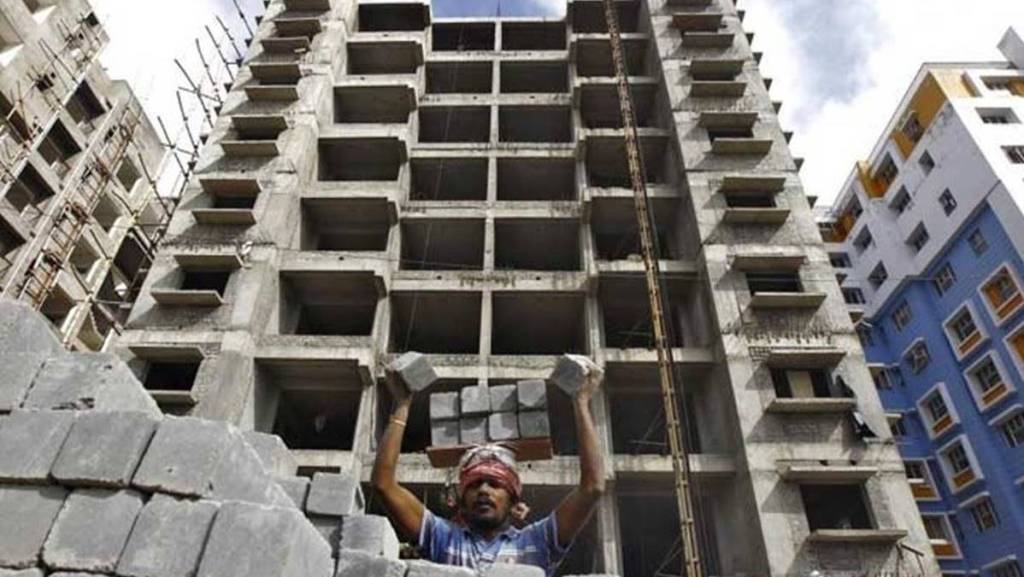In her budget speech on February 1, Finance Minister Nirmala Sitharaman announced that the PM Awas Yojana (Grameen) is close to achieving the target of three crore houses and two crore more houses will be taken up in the next five years to meet the requirement arising from increase in the number of families.
This was described by industry experts as a commendable step towards addressing India’s growing housing needs.
“The government has consistently directed its efforts towards fostering inclusivity and ensuring adequate living spaces for all. With the recent announcement of constructing an additional two crore houses under the Pradhan Mantri Awas Yojana – Gramin, the emphasis is on expanding affordable housing options for the rural population. This strategic move not only addresses the housing needs of rural communities but also injects momentum into the housing sector in these areas. By making affordable housing more accessible, the initiative aims to instill confidence in the rural populace, fostering a sense of security and pride as they embark on the journey of residing in their own homes,” said Adhil Shetty, CEO, Bankbazaar.com.
Also Read: Budget 2024: No change in personal taxation disappoints taxpayers, salaried class
Shiwang Suraj, Director & Founder of InfraMantra, said, “The budget’s plan to build two crore more houses in the next five years is a big step to help low and middle-income people in India find homes. With a new program to help middle-class people own homes, we’re seeing big changes in housing. These efforts show how important it is for everyone to have a home and how new ideas in building can make our cities better places to live.”
Piyush Bothra, Co-Founder and CFO, Square Yards, also had similar views. He said, “The government’s announcement regarding the construction of an additional 20 million homes under the Pradhan Mantri Awas Yojana- Rural (PMAY) underscores its commitment to promoting inclusivity and ensuring ample living accommodations for all. This initiative is poised to significantly elevate housing standards in rural areas, catalyzing growth in the housing sector within these regions.”
Furthermore, the pledge to introduce a housing scheme specifically catering to deserving sections of the middle class, currently residing in rented houses, slums, chawls, or unauthorized colonies, represents a significant stride towards providing a sense of security and pride. Enabling these individuals to purchase or build their own homes not only fulfills their dreams but also contributes to fostering a stronger and more resilient community, Bothra added.


